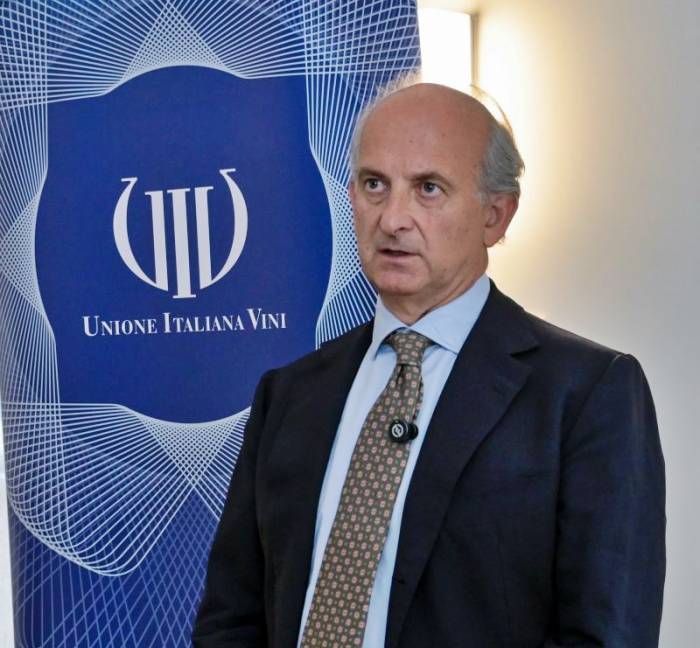EU Wine Promotion Funding Rises to 80 Percent as Italian Producers Warn of Risks in New Policy Shift
Concerns grow over fully funded vineyard removals and distillation measures, with industry leaders urging focus on long-term sector growth
2025-11-06

The European Parliament’s Agriculture Committee has approved the new “Wine Package,” a set of measures that will shape the future of the wine sector in the European Union. The decision, made in Brussels, has drawn mixed reactions from industry groups, particularly from Italy’s Unione Italiana Vini (UIV), which represents Italian wine producers.
The package includes several changes to current policies. One of the most significant is an increase in funding for promotional activities in non-EU countries. The contribution rate for these programs will rise from 50% to 80%, and the duration of eligible programs will be extended. UIV welcomed this move, saying it will help producers reach new markets and respond to challenging economic conditions.
Another measure that received positive feedback is the push for digitalization of wine labels. The new rules will allow more information to be provided to consumers through digital means, which UIV believes will modernize the sector and improve transparency.
However, UIV expressed strong concerns about other aspects of the package, especially the introduction of fully funded vine grubbing-up and distillation measures. For the first time, these measures are included without any additional budget allocation. This means that funds previously earmarked for development and market growth could be redirected to pay for vineyard removals and distillation.
Lamberto Frescobaldi, president of UIV, criticized this approach. He said that financing vine removals at 100% is a step backward and resembles policies from 15 years ago that did not deliver long-term benefits. Frescobaldi argued that such measures are “assistentialist” and risk diverting resources away from investments that could help the sector grow and compete internationally.
The debate over terminology also continues. The Parliament’s proposal to use “reduced alcohol” instead of “partially dealcoholized” for certain wines has not convinced UIV, which sees potential confusion for both producers and consumers.
The inclusion of grubbing-up and distillation as eligible measures comes after similar efforts failed in 2009, when a billion euros were spent on vineyard removals with little lasting impact on market stability or growth. UIV fears that repeating this strategy could weaken the sector’s ability to invest in innovation and market expansion.
As negotiations move forward, UIV hopes that Italy will defend a market-oriented approach during final talks between EU institutions. The group wants to ensure that resources continue to support growth rather than short-term defensive actions.
The final version of the Wine Package is expected to be agreed upon by early 2026 after further negotiations between the European Parliament, Council, and Commission. The outcome will determine how EU funds are used in one of Europe’s most important agricultural sectors at a time when global competition and changing consumer habits are putting new pressures on traditional wine producers.
Founded in 2007, Vinetur® is a registered trademark of VGSC S.L. with a long history in the wine industry.
VGSC, S.L. with VAT number B70255591 is a spanish company legally registered in the Commercial Register of the city of Santiago de Compostela, with registration number: Bulletin 181, Reference 356049 in Volume 13, Page 107, Section 6, Sheet 45028, Entry 2.
Email: [email protected]
Headquarters and offices located in Vilagarcia de Arousa, Spain.